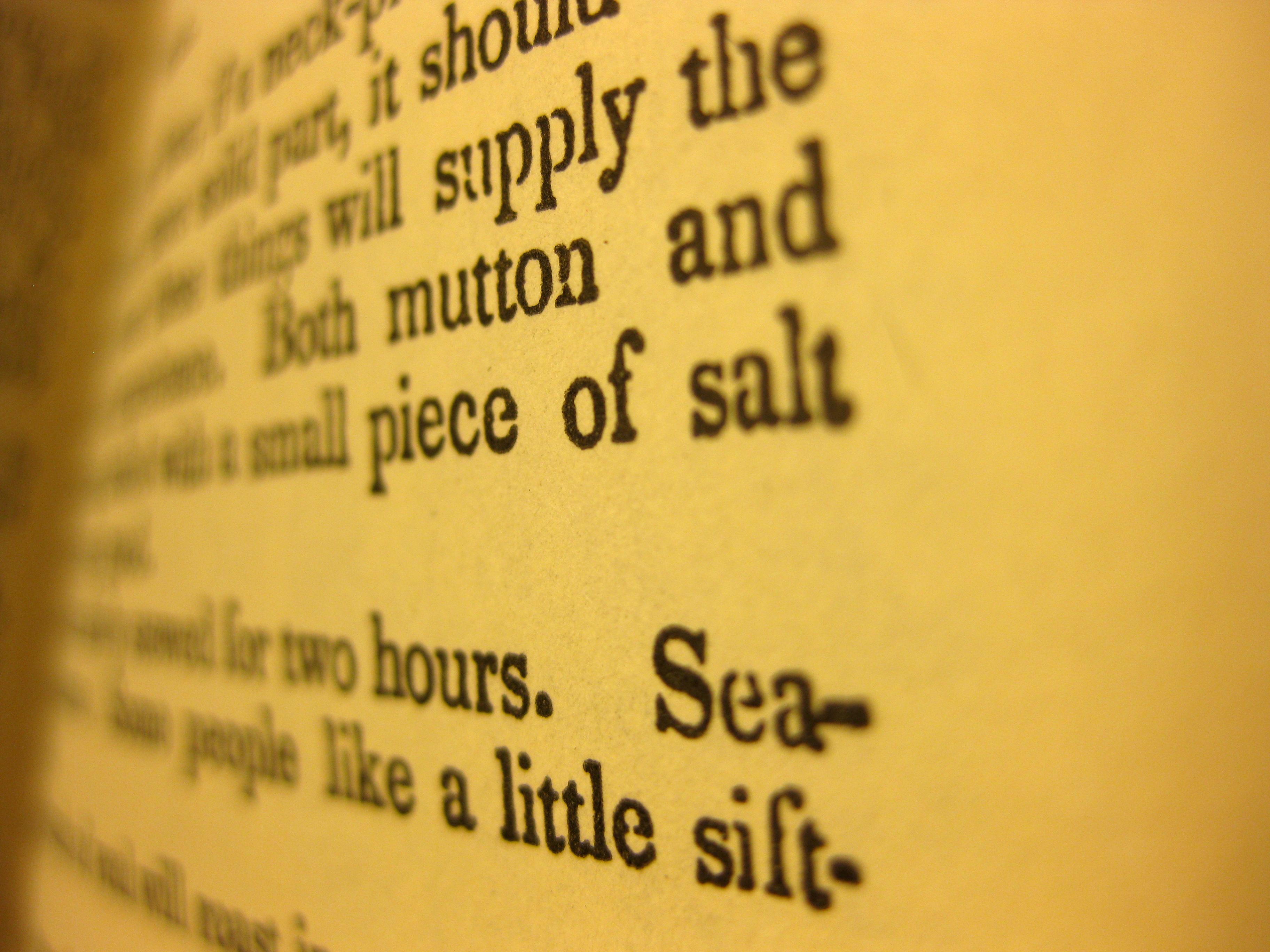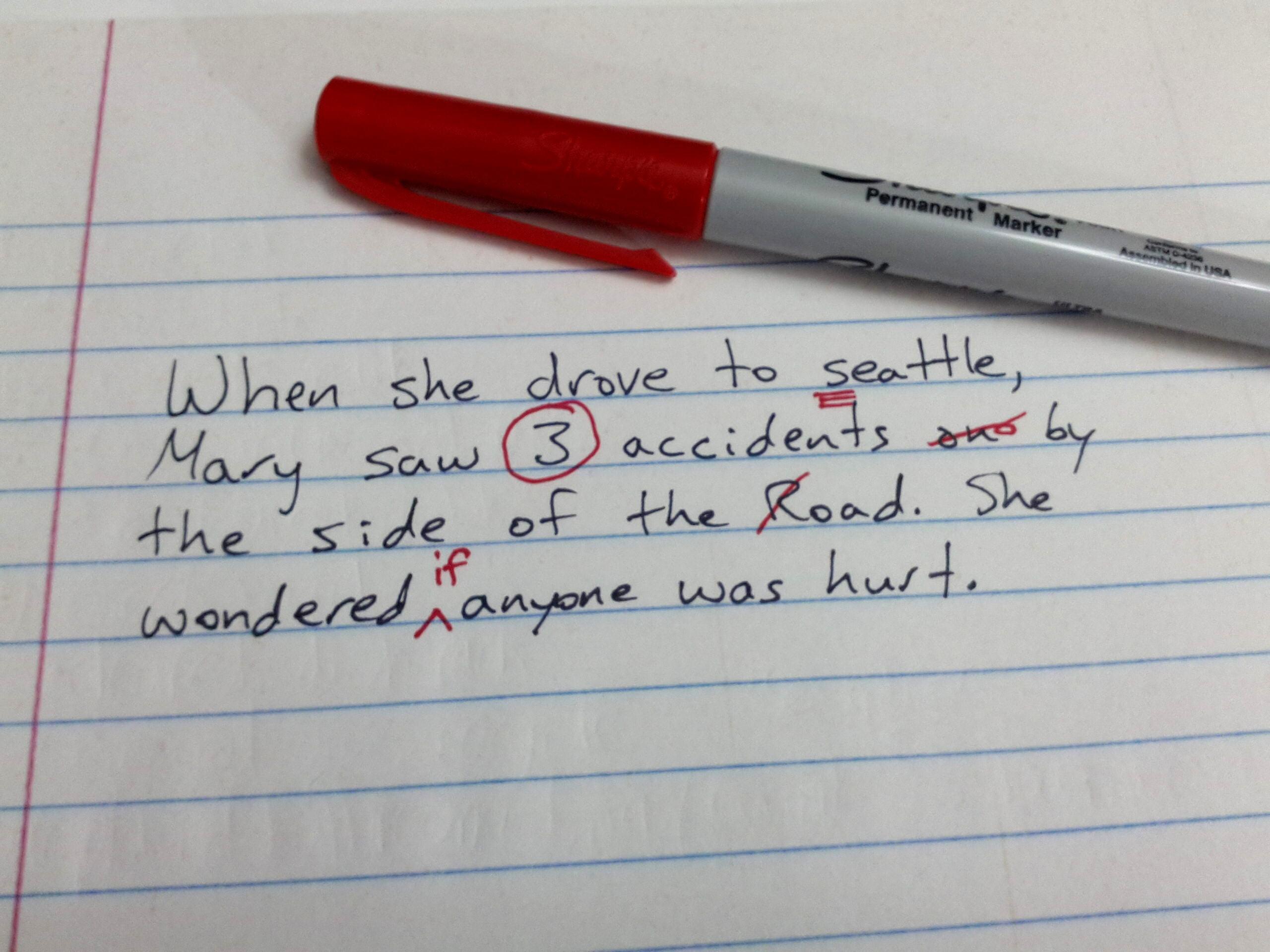It’s time again for lessons from the editor’s desk. In addition to being a published author with Bethany House, Zondervan, and WhiteFire Publishing, I’m also an acquisitions editor with WhiteFire. As someone who sits on both sides of the desk, I think I have a unique perspective. For the past five years I have been representing WhiteFire Publishing at conferences and reviewing submissions for them. Probably the best perk I’ve gleaned from this experience is a huge improvement in my own writing, and especially in knowing how to make my submissions sparkle. So I’m going share some of that valuable information with you. Today let’s look at those all-important first pages.
The sad truth is that for the majority of the manuscripts I read, I never get past page one. Keep in mind that WhiteFire accepts unagented queries, so I imagine that statistic is different for bigger publishers, although it probably holds true for agents. You might wonder how in the world I can tell a manuscript won’t cut it by the first page alone, but a first page can tell you a lot. It can tell you whether or not a writer has done their job to learn the craft, it can tell you if they’re lazy, and it can tell you if they possess any talent.
Here are a few of the red flags that will stop me reading right on the first page.
1) Stilted Language
2) Phony dialogue
3) Lack of understanding of point of view
4) Telling not showing
5) Confusing sentences
6) Bad grammar
7) Excessive typos
That little list saves me reading farther on over 50% of submissions. If I see any of those problems on the all-important first page that has been edited ad nauseam, I know that matters can only go downhill from there. As a publishing company, we simply don’t have the time or energy to put into fixing any of these issues, no matter how brilliant your idea might be, and I’m sure agents feel the same way.
Don’t get me wrong, I realize not everyone excels at opening scenes. I understand the paranoia of crafting the perfect hook. I know that some people aren’t good at nailing down exactly where a book should start. But if you haven’t mastered the basic writing craft yet, as attested by the red flags above, those other issues are immaterial. If the writing is good, but the opening is weak, I will read on. Occasionally if someone is “telling” a story with a really nice style, I will skip ahead a few pages to see if they shift into “showing.” And I’m not going to turn down a manuscript over a typo or a misplaced comma, but if I see several of those sorts of mistakes on the very first page, that’s just lazy, so forget it.
If you pass the all-important first pages test, and I actually get through a good scene or chapter of your book, I will then put it on my kindle and read it like a reader, not an editor. At that point, I’m looking to see if I enjoy the book and if it holds my interest. If I actually read through to the end, I might ask for some changes, but I will likely be sending the book forward to my senior editor. In my next lesson we’ll look at some of the reasons I might stop reading a novel by an otherwise competent author.
As a reader, what do you look for on the first page of a novel to decide whether or not you will read on?



 We love helping your growing in your writing career.
We love helping your growing in your writing career.

These lessons also hold true for self-published authors.
I’m a book reviewer (as well as a freelance editor). When an author approaches me to review their book, I look at the Kindle sample, and can also turn down a lot of review requests quickly based on similar criteria. Some books I read the whole Kindle sample, while others I give up on the first page or two. I’ve learned the hard way that if the first couple of chapters don’t capture my attention, the rest of the book won’t engage me.